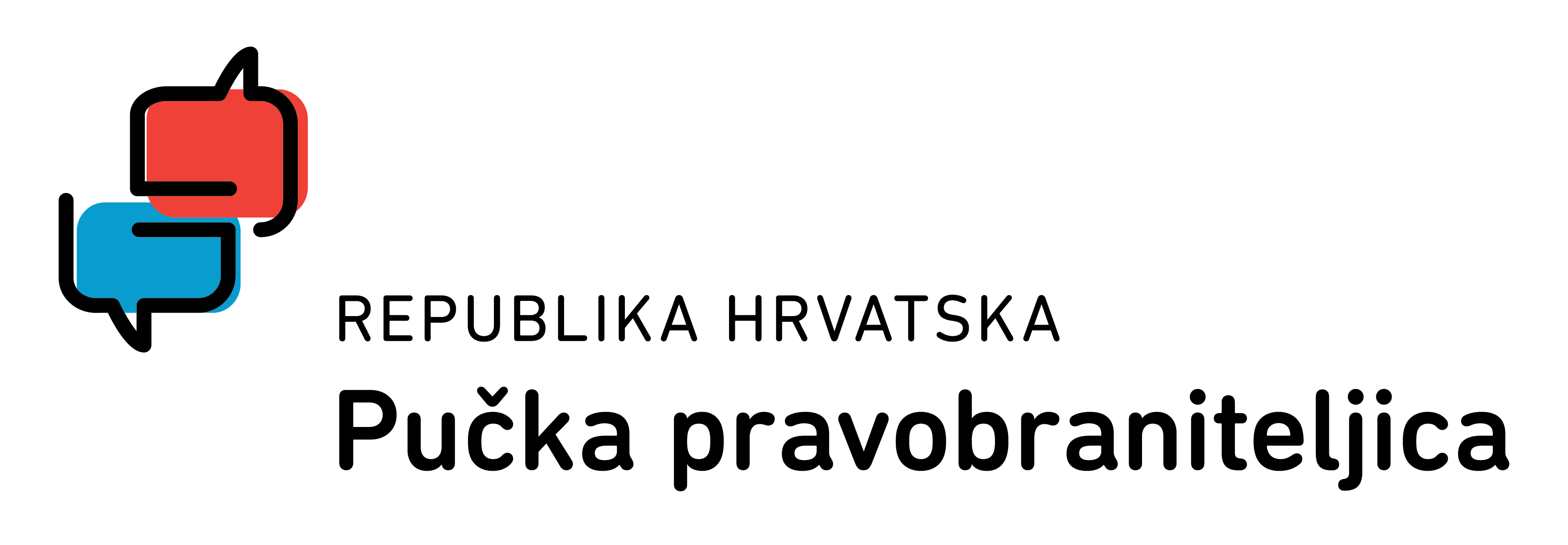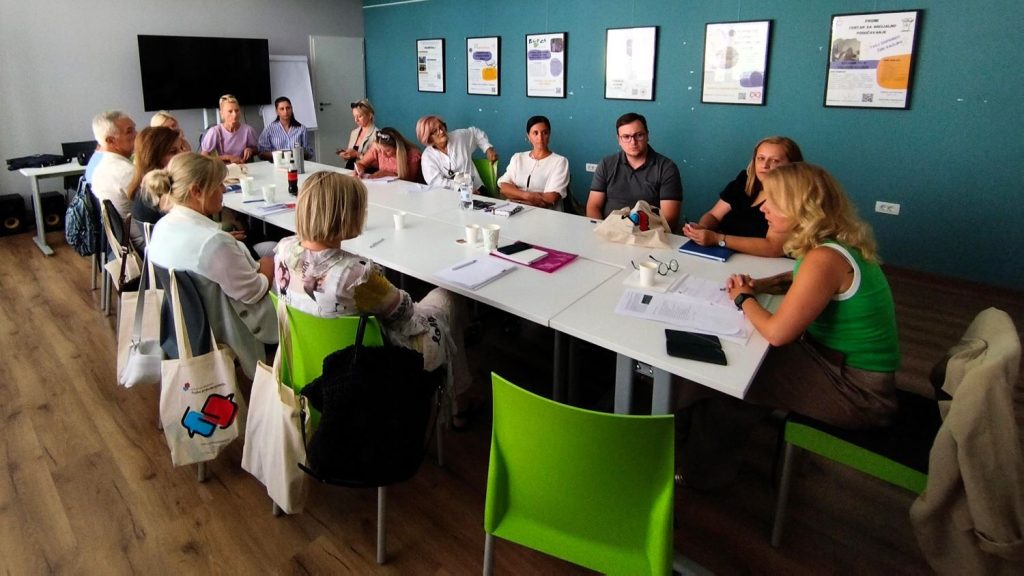The richness of the society grows with its diversity and the variety of cultures, nations and religious communities it is comprised of. It is this last element – religious pluralism – that is the focus of the Religious Freedom Day (30 January).
Religious Freedom Day is being marked at the initiative of the International Association for Religious Freedom, a non-governmental organization holding a consultative status with the UN, UNESCO and the Council of Europe. While in Croatia this day is marked every year on the last Saturday in January, various states around the world commemorate it on different dates. All commemorations, however, have the same goal – to nurture the tolerance and respect for individuals belonging to all religious communities as well as those identifying as irreligious.
UN’s Universal Declaration of Human Rights as well as the European Convention for the Protection of Human Rights and Fundamental Freedoms and the Constitution of the Republic of Croatia guarantee freedom of religion and prohibit discrimination based on religion. This means that no one can be treated less favorably than others on the basis of being a member of any religious community or because of one’s irreligious beliefs. However, these types of situations do occur in practice.
This problem was tackled by the members of the European Network of Equality Bodies (EQUINET) at a seminar held last fall in London. Hostile public and media discourse (in the form of islamophobia and antisemitism), the question of adjustments to religious practices, as well as the issue of wearing or utilizing religious symbols, especially in the contexts of education and employment, were some of the key problems identified by the participants.
Unequal treatment does not always have to be intentional or driven by hatred. Often practices and decisions motivated by well-meaning intentions have a negative influence on the members of a particular religious denomination, their specific customs or needs.
Religious Freedom Day is an important reminder of the fact that any and all discrimination, including that based on religion, is unacceptable, regardless of its motives. Tolerance and the respect for individuals belonging to every religious denomination as well as irreligious persons is a powerful indicator of a society’s maturity and of the level of development of its democracy.





